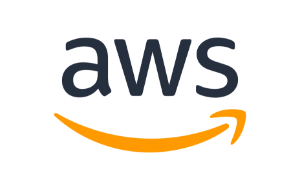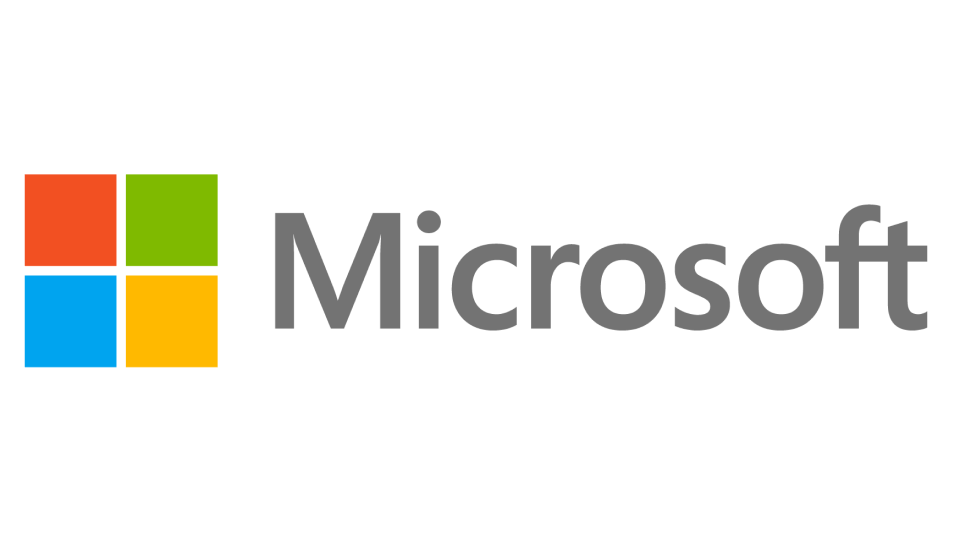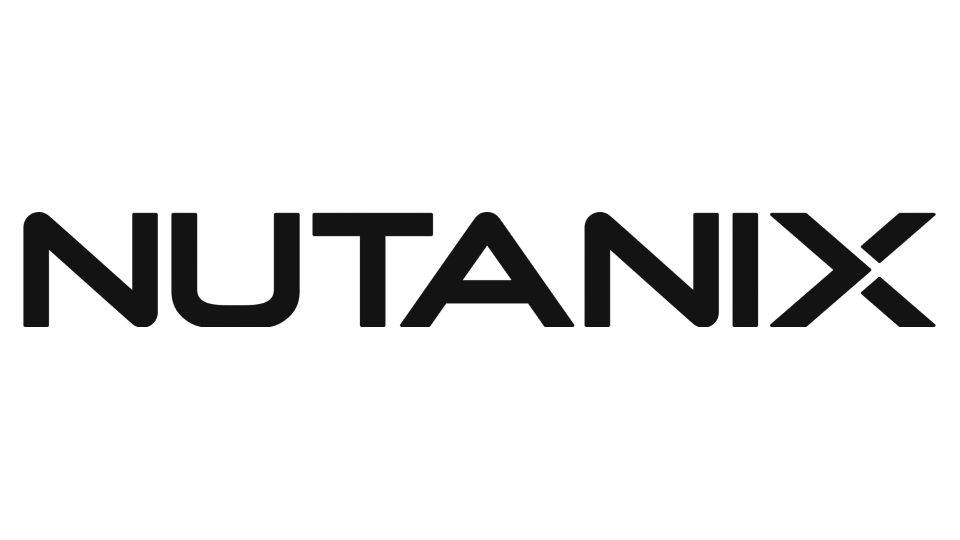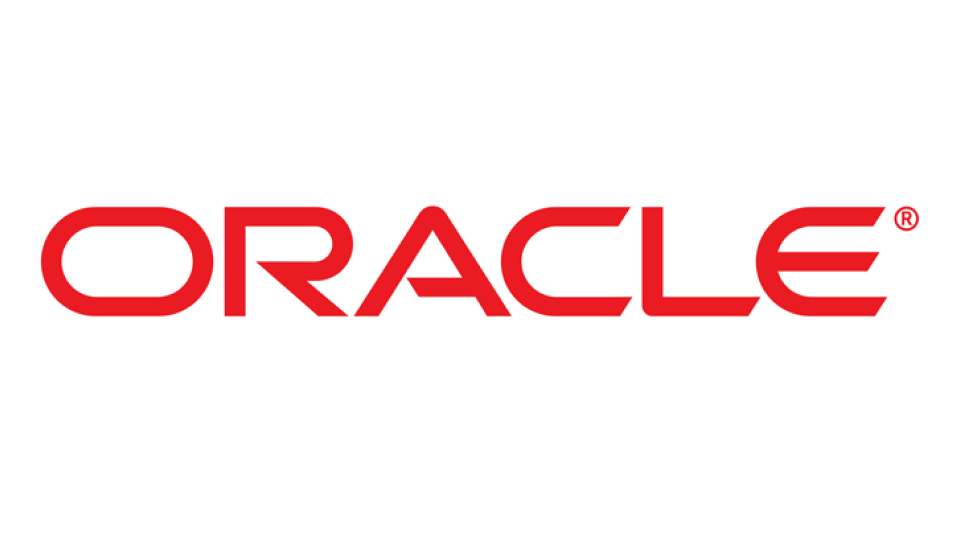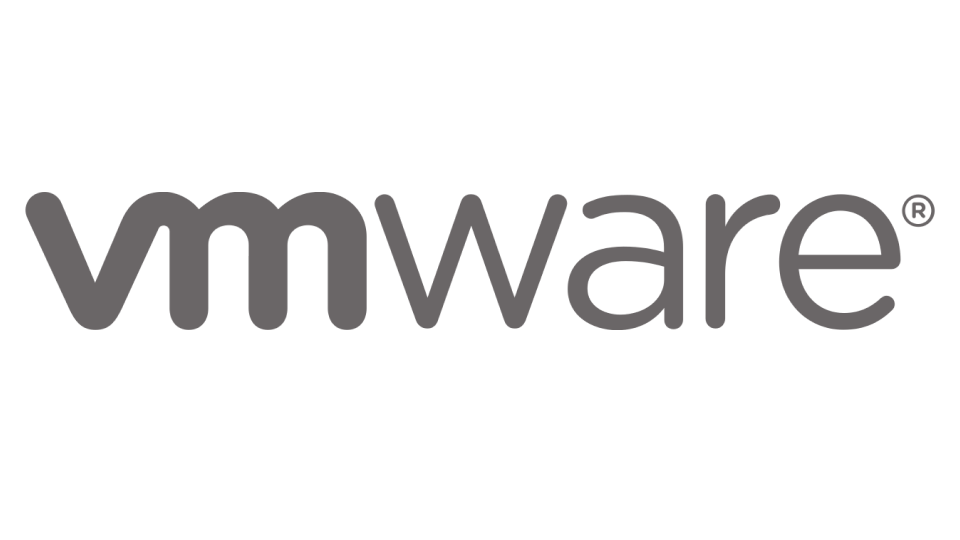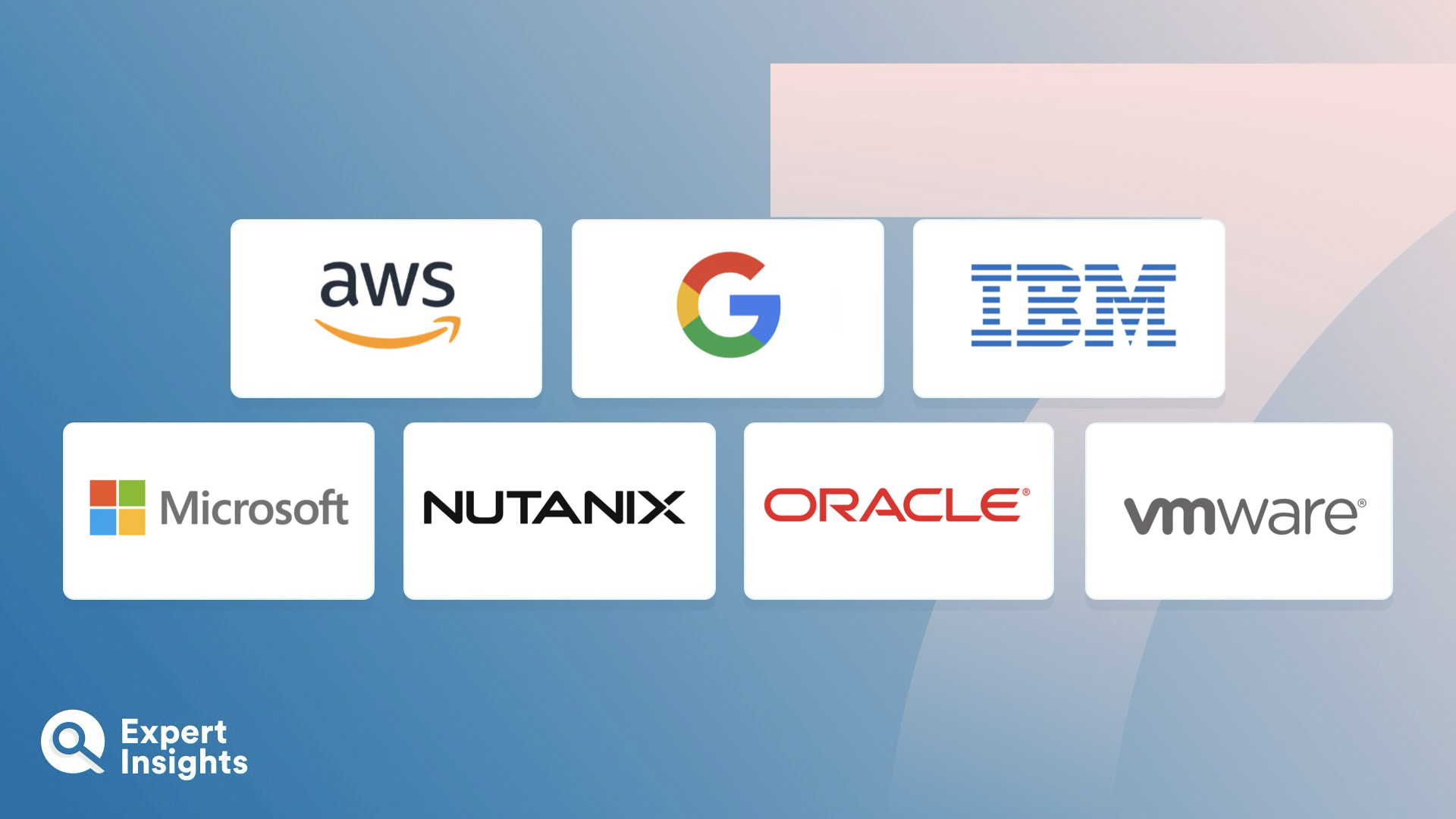Distributed Hybrid Infrastructure solutions offer businesses an optimal way to blend traditional IT, private cloud, and public cloud services. This provides flexibility, scalability, and increased resilience, while maintaining control and improving cost-effectiveness.
These solutions enable companies to distribute their IT resources across various environments based on their unique needs, achieving a balance between performance, cost, and security. They often include features for IT automation, orchestration, and analytics.
Selecting the perfect hybrid infrastructure solution depends on an organization’s specific needs and circumstances. In our article of the best distributed hybrid infrastructure solutions, we have selected vendors based on their platform’s versatility, integration capabilities, ease of management, cost, and security. Each of the listed solutions caters to different company sizes, sectors, and technological capabilities.



